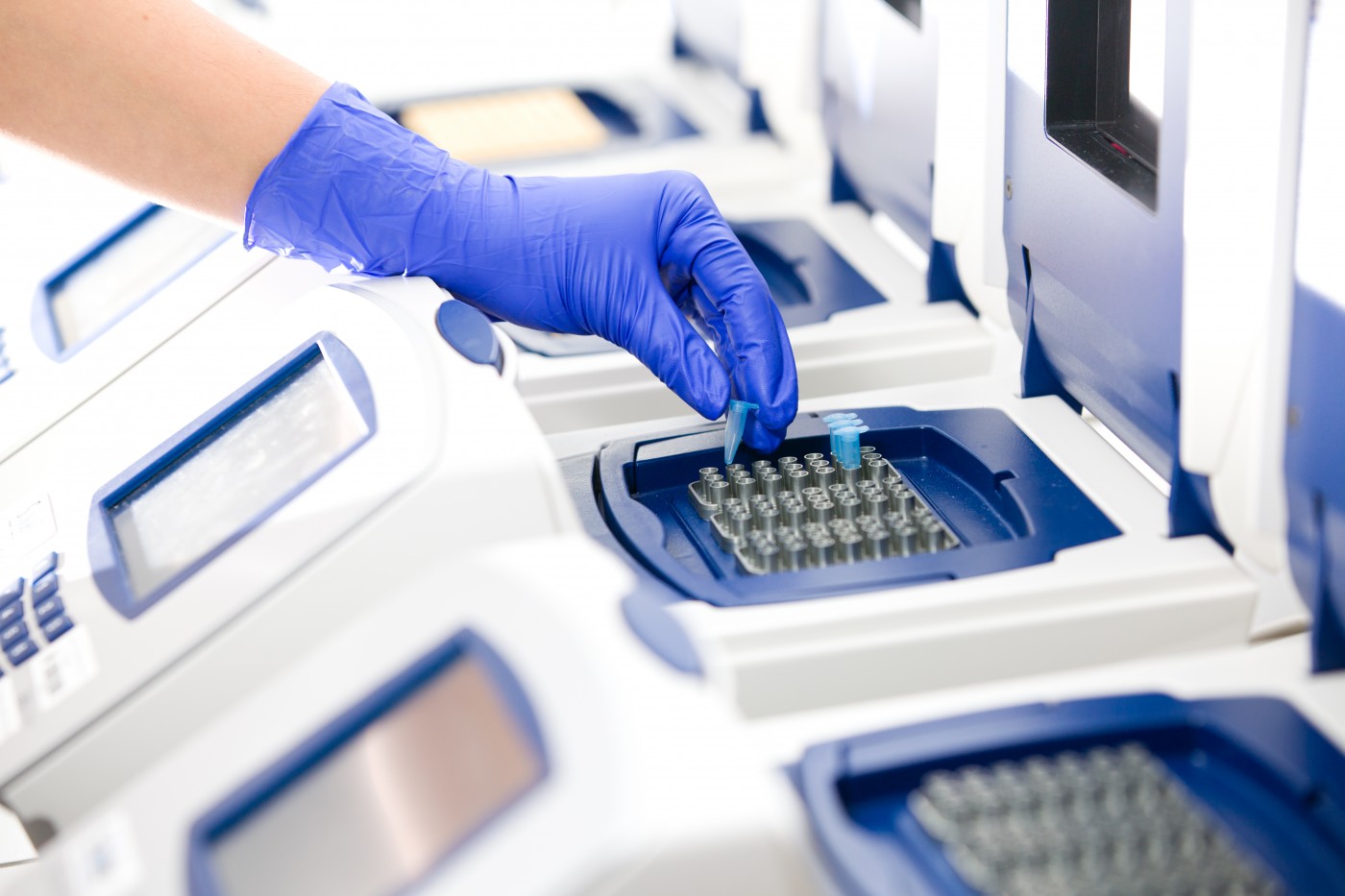Researchers Identify a New Genetic Risk Factor for Multiple Sclerosis Development
Written by |

 A team led by researchers from the University of Illinois at Chicago (UIC) recently revealed in the journal ASN NEURO a new genetic variation that significantly increases the risk of developing multiple sclerosis (MS) in women. The study is entitled “A Single-Nucleotide Polymorphism in Serine-Threonine Kinase 11, the Gene Encoding Liver Kinase B1, Is a Risk Factor for Multiple Sclerosis.”
A team led by researchers from the University of Illinois at Chicago (UIC) recently revealed in the journal ASN NEURO a new genetic variation that significantly increases the risk of developing multiple sclerosis (MS) in women. The study is entitled “A Single-Nucleotide Polymorphism in Serine-Threonine Kinase 11, the Gene Encoding Liver Kinase B1, Is a Risk Factor for Multiple Sclerosis.”
MS corresponds to a progressive, immune-mediated disorder in which the body’s own immune system attacks the central nervous system (brain and spinal cord nerves), causing damage to the myelin layer covering neurons. The loss of myelin results in an impairment in signal transmission along the nerve fibers, affecting motor function such as walking and speaking. This neurodegenerative disease affects around 2.5 million people worldwide. The exact causes for MS are not clear but genetic factors are known to contribute to the risk of developing the disease as relatives of MS patients have a higher risk than the general population.
Researchers identified a new genetic variant through a woman who, along with her four siblings – a brother and three sisters, including twins – had all been diagnosed with MS. “This is an extremely rare occurrence,” noted the study’s lead author Dr. Anne Boullerne in a news release, as there were no reports on five siblings all diagnosed with MS.
“I was immediately interested in the possibility of a genetic study of the family because all five siblings – an entire generation – are affected by MS, and so we could have a very good chance of discovering key genes related to inheritance of the disease,” explained Dr. Boullerne.
[adrotate group=”4″]
The patient’s sisters and several women in her maternal lineage had reports of diseases linked to the Peutz-Jeghers syndrome, which is a rare inherited disorder that is triggered by mutations in a gene called serine-threonine kinase 11 (STK11), associated with an increased risk for specific types of cancer, such as colon, ovary and breast cancers. The STK11 gene is known to play a role in tumor suppression and it is thought to be involved in several aspects of brain function.
The team performed a complete DNA-sequencing of the woman’s genome, and found a genetic variant in the STK11 gene that corresponded to a genetic change in a single DNA base-pair, a change also known as single-nucleotide polymorphism (SNP). The genomes of two of the woman’s sisters were sequenced and the SNP at the STK11 gene was also found in the two sisters. Further screening for the presence of this particular SNP was conducted in DNA samples from 1,400 individuals (754 with MS and 661 without) provided by Dr. Jorge Oksenberg at the University of California, San Francisco. The specific SNP was found to be 1.7 times more prevalent among women with MS in comparison with women without the disease, which made this genetic variant “one of the strongest genetic risk factors for MS discovered to date,” said the senior author of the study Dr. Douglas Feinstein.
The research team estimated that this particular SNP in STK11 can be found in around 7% of the general population; however, since the number of individuals diagnosed with MS is inferior to this value, researchers believe that other genetic or non-genetic factors are important for MS development. The team’s next goal is to determine these potential additional risk factors for MS on the five siblings and possibly also in their parents.





